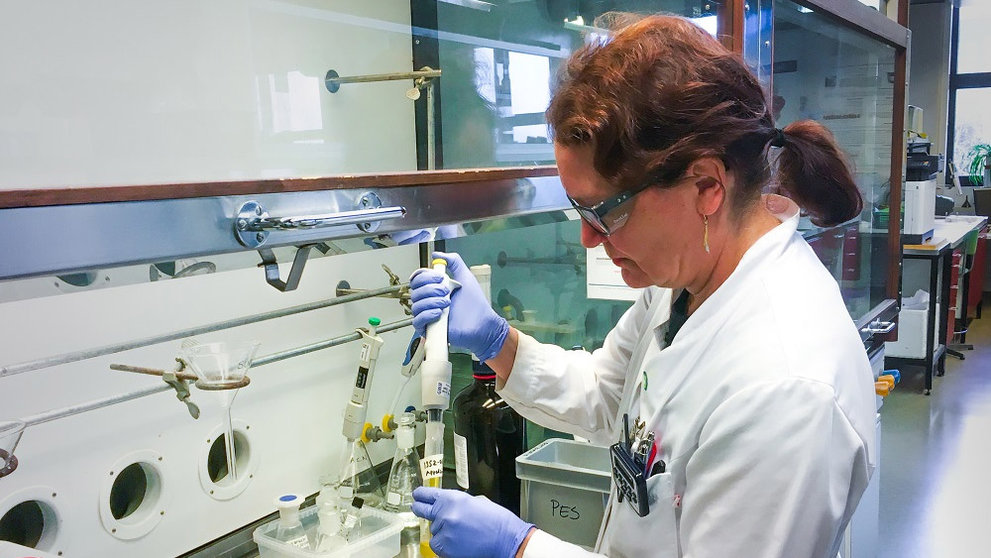Finnish Customs had examined 16 consignments of oranges imported from Israel. Customs have rejected about 104,000 kilograms of oranges (eight consigments) because of the located presence of bromopropylate, a pesticide banned in the EU. Customs tested and rejected the first consignment of oranges in February.
On Wednesday, Jonna Neffing, head of product safety for Finnish Customs, said, "We examine the first consignments that arrive in Finland always at the start of a new harvest season. As we discovered problems with the consignments, we decided to continue with controls until the end of the orange harvest season in Israel. Most likely we will also conduct intensified controls during the next harvest season as well."
Only consignments that were confirmed as safe for purchasers were allowed to sell in shops. During the examinations, the oranges were stored at the warehouses of importers.
Used against repelling ticks
Suvi Ojanperä, Head of the Customs Division for Chemical Research in Food, said in a press release, "We have not found bromopropylate in any of the products we have examined for several years. Its presence in Israeli oranges this year was a surprise."
Bromopropylate is an acaricide used in repelling ticks found in citrus fruit. The EU prohibited the usage of the pesticide entirely in 2011, as it could not be proven as secure for customers.
Each year, Customs examines about 3 000 consignments of imported foodstuffs and searches for pesticide residues in about 1,000 samples.










